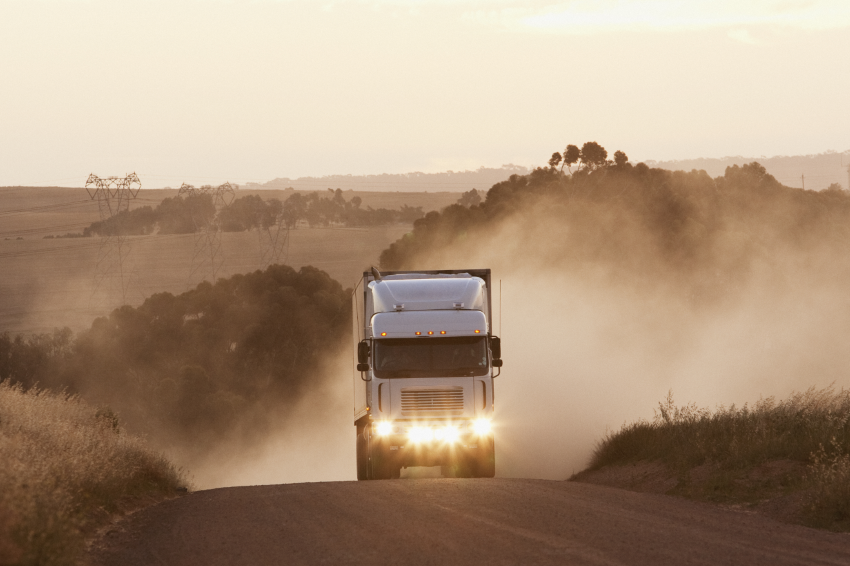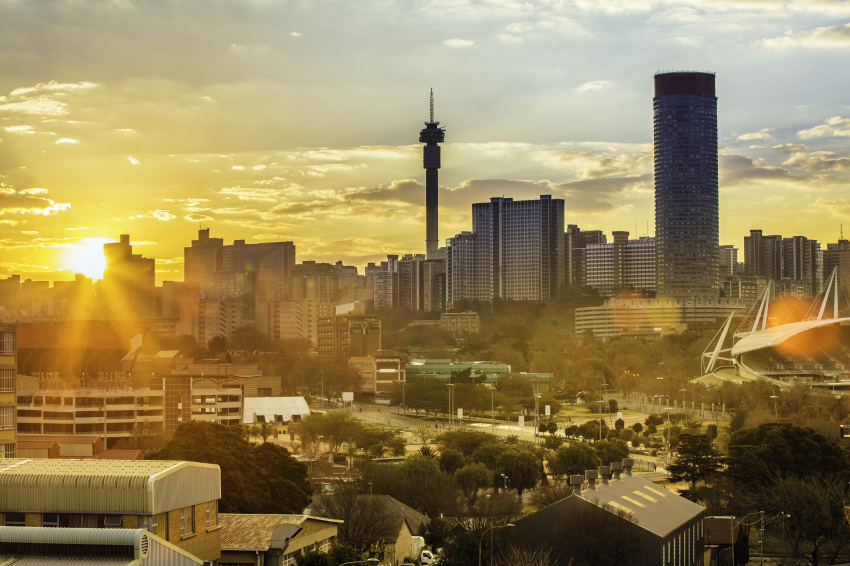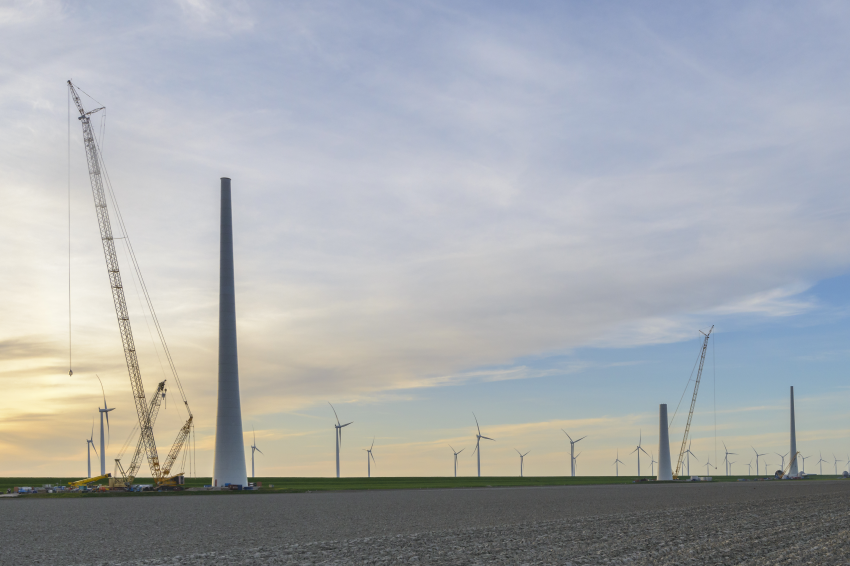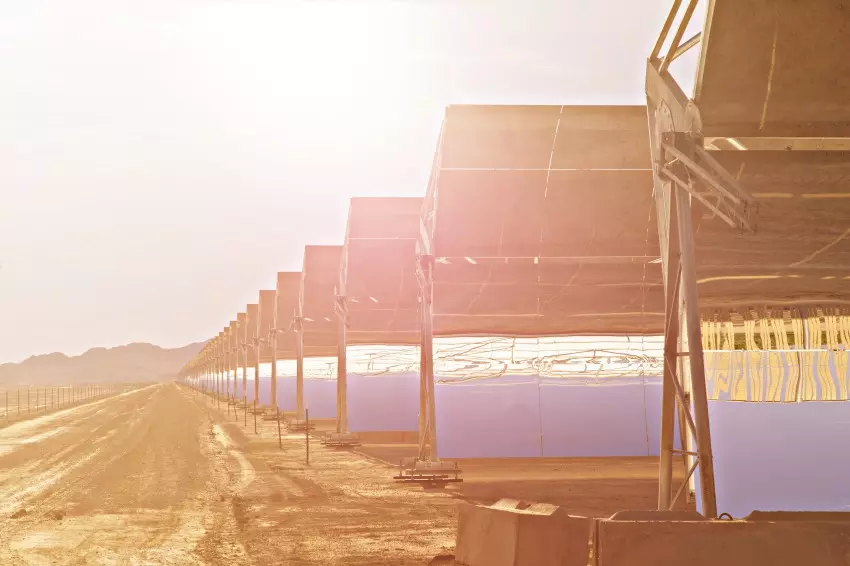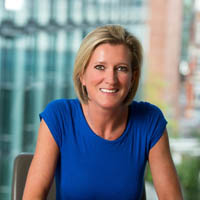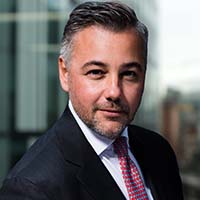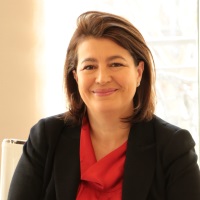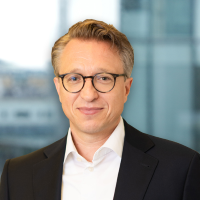Africa presents an exciting prospect for investment in renewable energy. Economic development and democratisation in the region has resulted in increasing domestic and industrial demand for power, with the current levels of investment lagging far behind these fast-growing needs.
The International Energy Agency predicts that the demand for electricity in sub-Saharan Africa will increase by 4.6% annually, and by 2030 demand will be more than double the current electricity production.
In addition to demand growth, renewables technology is driving down the cost of energy production and all 54 African Union countries now have a unified voice in promoting the Paris climate accord. All of these factors have created an environment in which renewable energy development can generate real momentum in Africa – so what's holding the continent back?
DWF in collaboration with Winmark has produced a research report, incorporating in-depth interviews with experts in the region and a series of focus groups to get critical insights into the challenges for developers and investors across Africa.
The report examines all aspects of energy project development and the specific challenges that are holding Africa back, from site selection and planning, finance and bankability, construction and commissioning through to distribution and technology.











